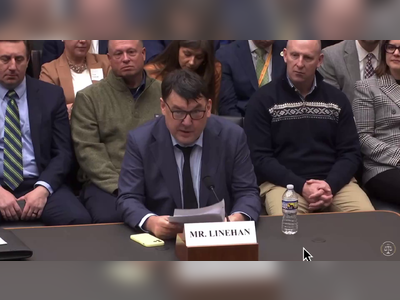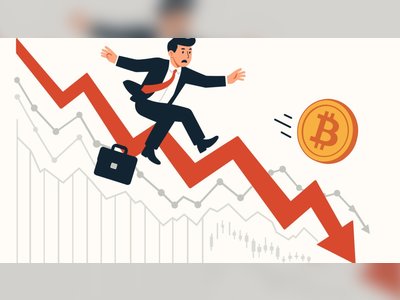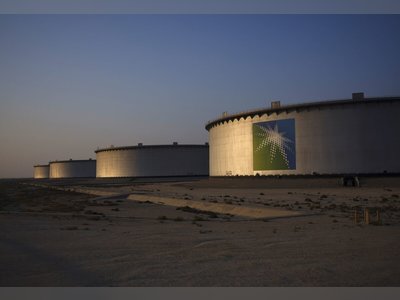France's Gender Violence Protests, U.S. Severe Weather, and Global Political Shifts Dominate News
Protests in France demand tougher measures against gender violence during mass rape trial, as severe weather disrupts the US, and international tensions rise in the Middle East.
In France, tens of thousands took to the streets in protests spotlighting gender violence, driven by a mass rape trial involving 51 men in Avignon. As the International Day for the Elimination of Violence Against Women approaches, demonstrators are urging for tougher legal actions and better funding. This aligns with President Macron's priority on gender equality, with Prime Minister Michel Barnier expected to unveil new measures soon.
Meanwhile, across the Atlantic, severe weather grips the United States, with states like California facing heavy snowfall and flooding due to a formidable "bomb cyclone." This storm has led to widespread power outages, particularly in Seattle and the Pacific Northwest, yet it may also bring some relief to drought-stricken regions.
In political developments, Donald Trump's recent appointments signal a significant hard-right shift with roles aimed at consolidating power in his new administration. Critics, mainly from the Democratic Party, express concerns over this centralized power structure, highlighting the emerging ideological realignment.
Turning to the Middle East, the UAE is closely monitoring the disappearance of Zvi Kogan, a Moldovan-Israeli rabbi, against a backdrop of heightened regional tensions. The UAE's involvement underlines growing unrest related to Israel's actions in Gaza and Lebanon and signifies the country's diplomatic vigilance.
On the climate front, President Biden celebrates the COP29 agreement as a major milestone in combating climate change, despite skepticism from the incoming Trump administration. The agreement represents a commitment from developed nations to fund $300 billion annually by 2035 to help developing countries transition to greener economies.
However, the COP29 deal, held in Baku, has sparked debate about its adequacy, with some viewing it as progress, while delegates from developing nations, such as India and Nigeria, argue the funding commitment is insufficient compared to their escalating climate needs.
Meanwhile, across the Atlantic, severe weather grips the United States, with states like California facing heavy snowfall and flooding due to a formidable "bomb cyclone." This storm has led to widespread power outages, particularly in Seattle and the Pacific Northwest, yet it may also bring some relief to drought-stricken regions.
In political developments, Donald Trump's recent appointments signal a significant hard-right shift with roles aimed at consolidating power in his new administration. Critics, mainly from the Democratic Party, express concerns over this centralized power structure, highlighting the emerging ideological realignment.
Turning to the Middle East, the UAE is closely monitoring the disappearance of Zvi Kogan, a Moldovan-Israeli rabbi, against a backdrop of heightened regional tensions. The UAE's involvement underlines growing unrest related to Israel's actions in Gaza and Lebanon and signifies the country's diplomatic vigilance.
On the climate front, President Biden celebrates the COP29 agreement as a major milestone in combating climate change, despite skepticism from the incoming Trump administration. The agreement represents a commitment from developed nations to fund $300 billion annually by 2035 to help developing countries transition to greener economies.
However, the COP29 deal, held in Baku, has sparked debate about its adequacy, with some viewing it as progress, while delegates from developing nations, such as India and Nigeria, argue the funding commitment is insufficient compared to their escalating climate needs.











